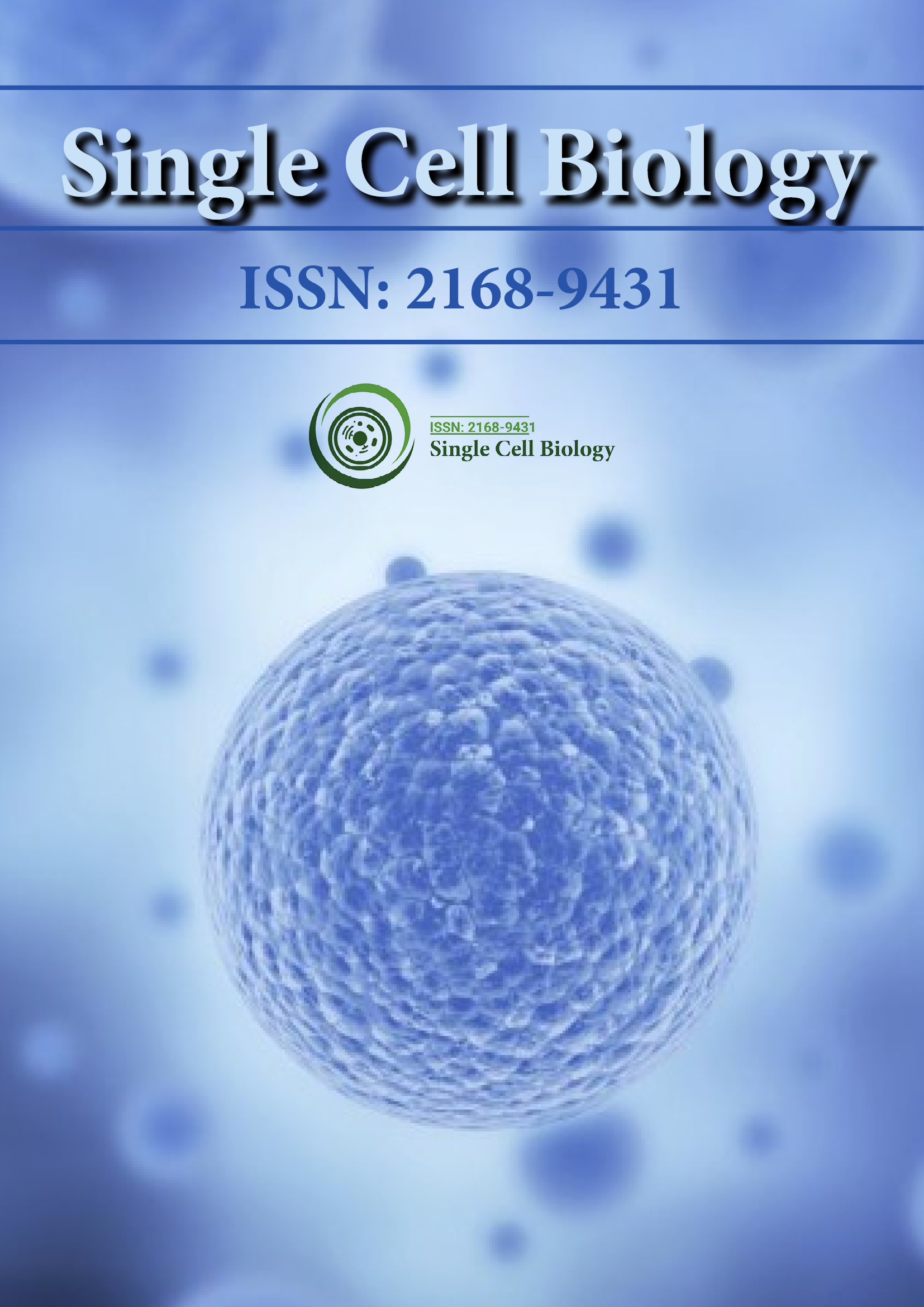Indiziert in
- Forschungsbibel
- CiteFactor
- RefSeek
- Hamdard-Universität
- EBSCO AZ
- Publons
- Genfer Stiftung für medizinische Ausbildung und Forschung
- Euro-Pub
- Google Scholar
Nützliche Links
Teile diese Seite
Zeitschriftenflyer

Open-Access-Zeitschriften
- Allgemeine Wissenschaft
- Biochemie
- Bioinformatik und Systembiologie
- Chemie
- Genetik und Molekularbiologie
- Immunologie und Mikrobiologie
- Klinische Wissenschaften
- Krankenpflege und Gesundheitsfürsorge
- Landwirtschaft und Aquakultur
- Lebensmittel & Ernährung
- Maschinenbau
- Materialwissenschaften
- Medizinische Wissenschaften
- Neurowissenschaften und Psychologie
- Pharmazeutische Wissenschaften
- Umweltwissenschaften
- Veterinärwissenschaften
- Wirtschaft & Management
Abstrakt
Buffered vs. unbuffered aliphatic fatty acids and their antiproliferative effects in human tumor cell lines
Jeff Golini and Wendy Jones
Background: Tumor cells generate a microacidic environment due to increased fermentative metabolism and poor blood flow. This effect is thought to be responsible for creating a lower pH environment that promotes invasive tumor growth in primary and metastatic cancers through a type of acid-induced remodeling of the microenvironment. Dietary fats, both saturated and unsaturated, have significant effects on the viability and growth of neoplastic cells. This study investigates the effects of saturated and unsaturated fatty acids, both alkalinized and non-alkaline, on the viability and growth of various neoplastic cell lines.
Methods: In this study, the potential antiviability and antiproliferative effects of both saturated and unsaturated fatty acids in buffered (NaHCO3) and unbuffered formulations were comparatively investigated in a panel of tumor cell lines.
Results: We show that both buffered and unbuffered fatty acids inhibited their proliferative activity and had a concentration-dependent negative effect on cell viability. Buffered fatty acids had a stronger negative impact on all tumor cell lines.
Conclusions: The results demonstrate that both the environment and the type of fatty acid to which the neoplastic cell line was exposed were important predictors of antiproliferative effects.